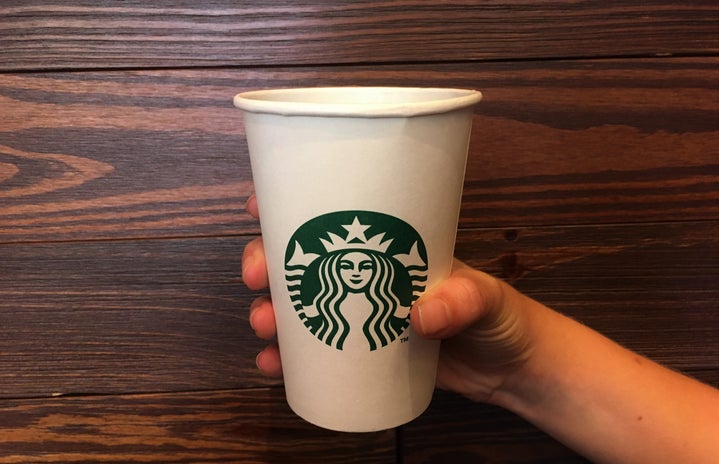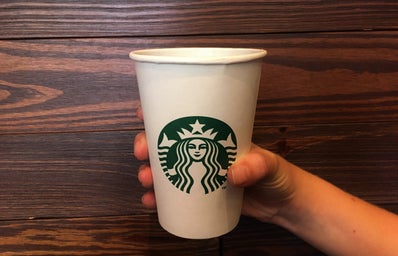I believe that if utilized correctly, plastic is a much better material to make products out of than paper. This may seem crazy to say, especially with the trend of paper products right now. Despite how crazy it may seem, I think plastic products are the direction we should take.

The 2007 Boustead Report done at Northern Carolina State University found paper bags used 3.4 times the amount of non-renewable energy than plastic. The study also found paper bags produced two times the amount of greenhouse gas plastic bags produced. Along with this, they found paper bags consumed 17.4 times the amount of water than plastic and generated 4.8 times more solid waste.
A report called “Revised Analysis of Life Cycle Assessment (LCA) Relating to Grocery Bags” by Use Less Stuff (ULS) found plastic bags generate 39% less greenhouse gas emissions than uncomposted paper bags. On top of this, they found plastic bags emit 68% less greenhouse gas emissions than composted paper bags. The report also states that after four or more uses, reusable plastic bags are superior to all types of disposable bags.
It seems producing paper products may be doing more harm than some people realize. With how much more waste and greenhouse gasses paper products create, I think plastic may be a better option.

Plastic can be harder to recycle when compared to paper products. While many paper products are recyclable, paper products used for consuming food may not be. Many recycling facilities will not accept food contaminated products and since paper absorbs liquids, there is a good chance that many paper products are easily contaminated by food. This means it is not a guarantee that these products will be recycled.
Plastic bags aren’t recyclable at recycling centers. Recycling centers usually deal with rigid items rather than flimsy ones like plastic bags. However, people can recycle plastic bags without putting them in recycling bins. Many large stores such as Target and Walmart have bins for collecting people’s old shopping bags, which is a great option for getting rid of the bags that people get when they go grocery shopping. Plastic bags can also be convenient to use as garbage liners, a personal favorite reuse for them.
Plastic straws are also not usually recyclable because they are small and flexible and can fall between the cracks in machinery used at recycling centers. However, a 2018 blog post on the website Get Green Now described a loophole around getting plastic straws through the machinery. Straws are made out of polypropylene, or type 5 plastic. To prevent straws from slipping through the cracks in the conveyor belts used in recycling centers, put the straws in a bigger container made out of type five plastic, which is polypropylene. This way the straws make it through the machinery and get recycled, along with the container they are put in.

The best way to go about the paper versus plastic debate seems to be to use plastic, but use less. Along with using less, be responsible when using plastic. Plastic can be harmful because it does not degrade like paper. However, it emits far less pollutants and is much more reusable. Plus, it does not tear or become unusable when wet like paper does. Personally, I think paper straws and flimsy paper cups are far less convenient, as well. The paper straws and cups I get always seem to fall apart before I can finish my drink.
Paper products really aren’t better than plastic products as far as eco-friendliness. Plastic products come with their own problems, but if recycled and reused properly they are much better for the environment than paper. I think using plastic or reusable products, and being smart about how they are handled after use, is the best direction to take for sustainable living.


